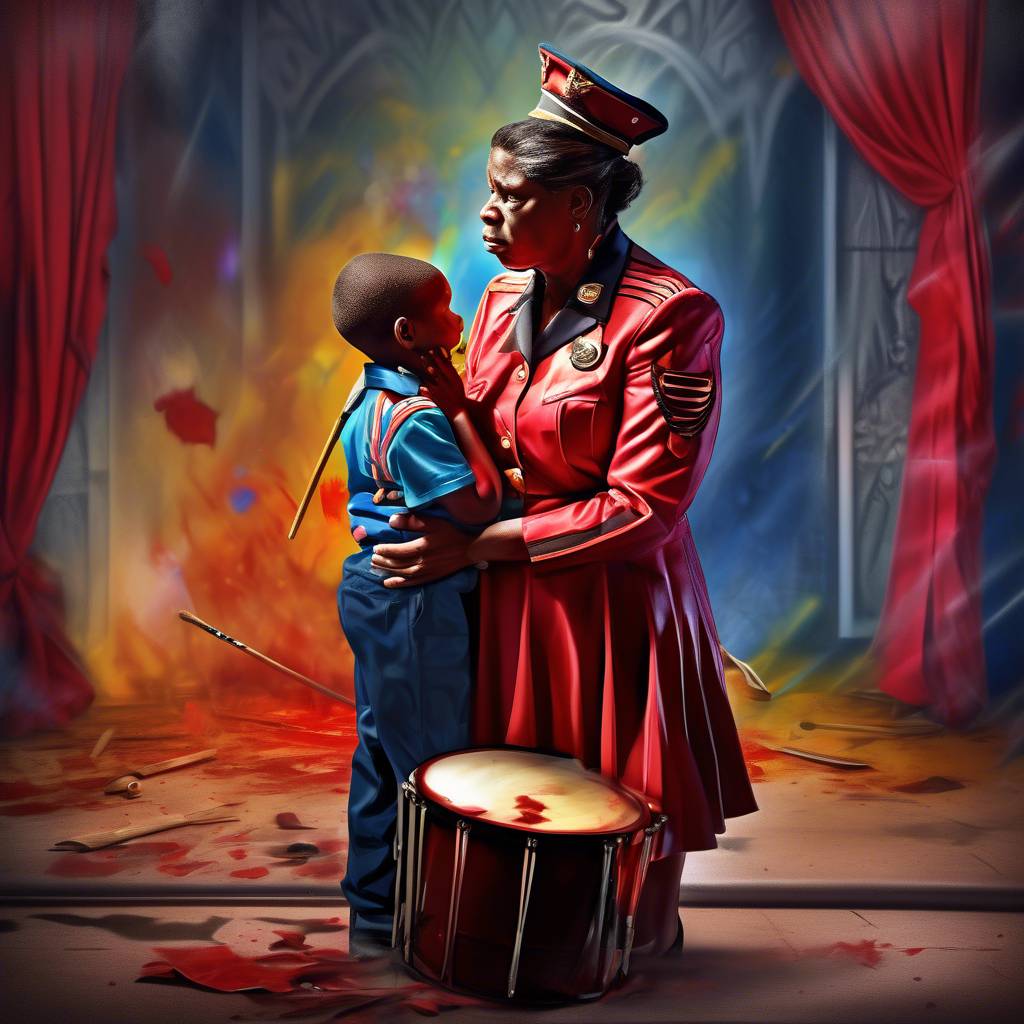Robert Champion, a Florida A&M drum major, died at the age of 26 in November 2011. His mother, Pam Champion, was devastated to learn that her son had not simply collapsed and died, but had been severely beaten to death. Champion had always been passionate about music and dreamed of becoming a drum major. His death was the result of a brutal hazing ritual that took place on a bus after a football game. Despite previous incidents of hazing within the band, the school maintained that Champion had consented to the ritual in order to gain respect among his peers.
Champion’s death shed light on the pervasive culture of hazing within the Florida A&M University (FAMU) Marching 100 band. The band members who were involved in the hazing ritual were eventually charged, with the purported ringleader receiving a prison sentence of 6½ years. The case sparked reforms within the university, leading to the resignation of the band director and university president. An investigation by the Florida Board of Governors inspector general’s office found that the university lacked internal controls to prevent or detect hazing.
Pam Champion has since become an advocate against hazing and bullying through her foundation, Be A Champion. She emphasizes the need for tough laws and increased awareness to combat the epidemic of hazing-related deaths among young students. She believes that students have the power to refuse to participate in hazing rituals and calls for a concerted effort to address and prevent this harmful practice. Champion’s legacy lives on through her dedication to raising awareness and preventing hazing in honor of her son.
Champion’s passion for music and his gentle demeanor made him a beloved member of the FAMU band. Despite his love for performing, he never disclosed the abuse he endured within the band. Following his tragic death, Pam Champion struggled to get information from the school about what had happened to her son that night. The lack of communication and accountability within the university further exacerbated the pain and anguish experienced by Champion’s family.
The brutal hazing ritual that resulted in Champion’s death was part of a long-standing tradition within the FAMU band, despite previous incidents with serious injuries. The bus where the hazing took place was notorious for its violent initiations, including the gauntlet that Champion had to run through. The horrifying details of the ritual, which involved kicking, beating, and chanting, highlighted the extreme nature of the hazing practices that were allowed to persist within the band. Champions’ tragic death ultimately led to legal repercussions for those involved and spurred changes within the university to address the issue of hazing.









